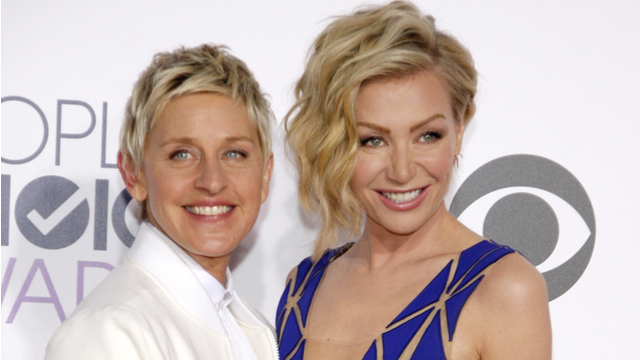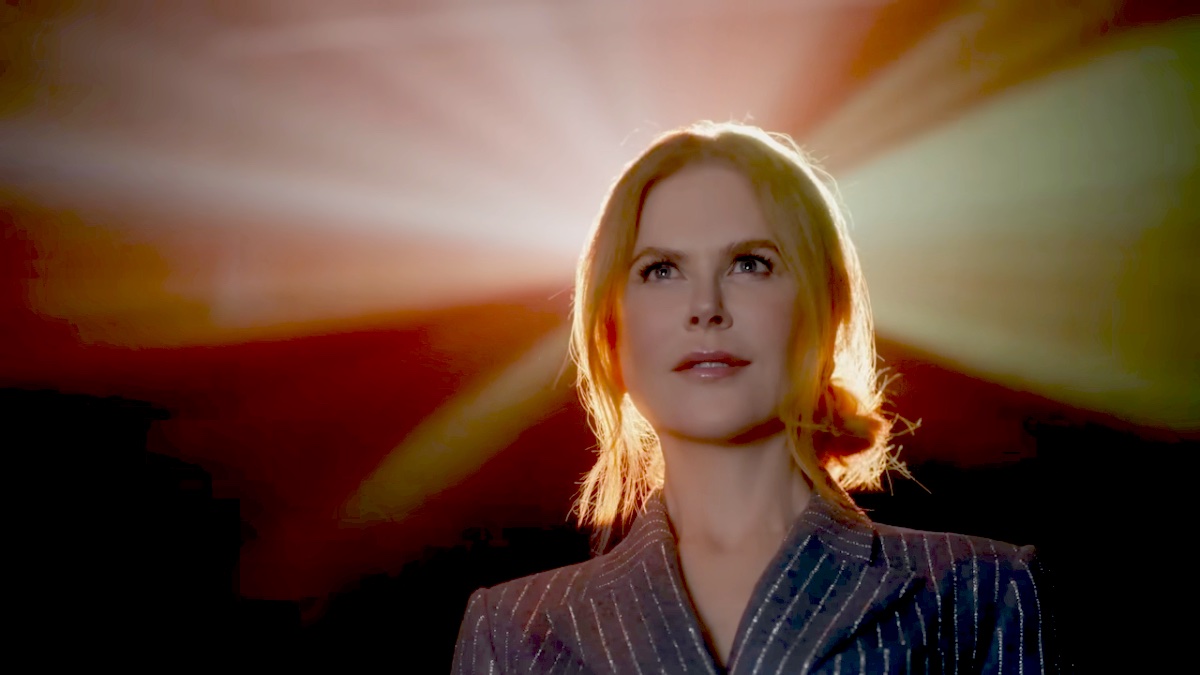When Ellen Degeneres came out, it was a watershed moment for LGBTQ visibility. Twenty years ago, in April of 1997, Ellen herself officially came out in a Time Magazine cover story. Two weeks later, her character on the sitcom Ellen came out. It was a major event. The show was in its fourth season and Ellen–both the woman and the character–was America’s sweetheart of prime time. No television character that famous, that high profile, that relatable, had ever come out on television. There were bomb threats and a few advertisers dropped the show, but the episode also won an Emmy and just generally shined a light on a community that much of the country tried to ignore or villainize. (At the time, 68% of Americans didn’t think gay marriage should be legal.)
Twenty years later, and 15 years into her own talk show, Ellen’s sexual orientation is anything but a secret or a career hindrance. But in conversation with Ryan Seacrest, she talked about how that wasn’t an immediate change. It’s not like they wrapped on her coming out episode and walked out the door into a changed world. Despite Hollywood’s “liberal agenda” reputation, the industry’s executives generally do not make decisions that they’re not convinced will make them money. And marketing a gay “America’s sweetheart” to middle America is not something many people thought would make them any money at all.
Talking about Ellen: The Ellen Degeneres Show, she says, “This was a show that nobody wanted to buy. They really didn’t think anyone would watch a lesbian during the day and, at the time, no one wanted to see a lesbian at night either. So I was really out of options.”
Even after the show did get picked up, long past the days of arranged dates with male actors set up by managers, there were still people in charge of her career putting restrictions on her life, all for fear of shocking and alienating audiences.
Ellen told Seacrest that those restrictions were “really not just implied. It was verbal.”
“I remember there was something that happened to my finger, and I was in a relationship and I was going to say ‘we,’ and they wouldn’t let me say ‘we’ because somebody would all of a sudden picture a woman in my life.”
These producers put a gay woman on television, but only if she doesn’t make people think about what being gay actually means. We can pat ourselves on the back for tolerating her “lifestyle,” but only if we can pretend she’s celibate and she never expresses love or affection toward another woman. What a shameful, empty half-step of progressive lip service that is. And Ellen knew that’s what was being offered to her, and demanded of her. Being a trailblazer comes at a high cost.
“It felt horrible because I had worked so hard to be truthful and to come to terms with my shame of hiding something that I knew was not wrong, but society was telling me was wrong,” she said. “So I thought, ‘First of all, I lost a lot of the audience because I came out, and then I’m going to now lose the audience that supports me–that is gay or supportive–because I’m going to hide it.’”
“It’s a hard balance,” she continued.”I know this is a business, and I know that I have to appeal to everyone, but I think what’s more appealing than anything is honesty.”
(via HuffPost, featured image: Shutterstock)
Want more stories like this? Become a subscriber and support the site!
—The Mary Sue has a strict comment policy that forbids, but is not limited to, personal insults toward anyone, hate speech, and trolling.—










Published: Sep 6, 2017 02:22 pm